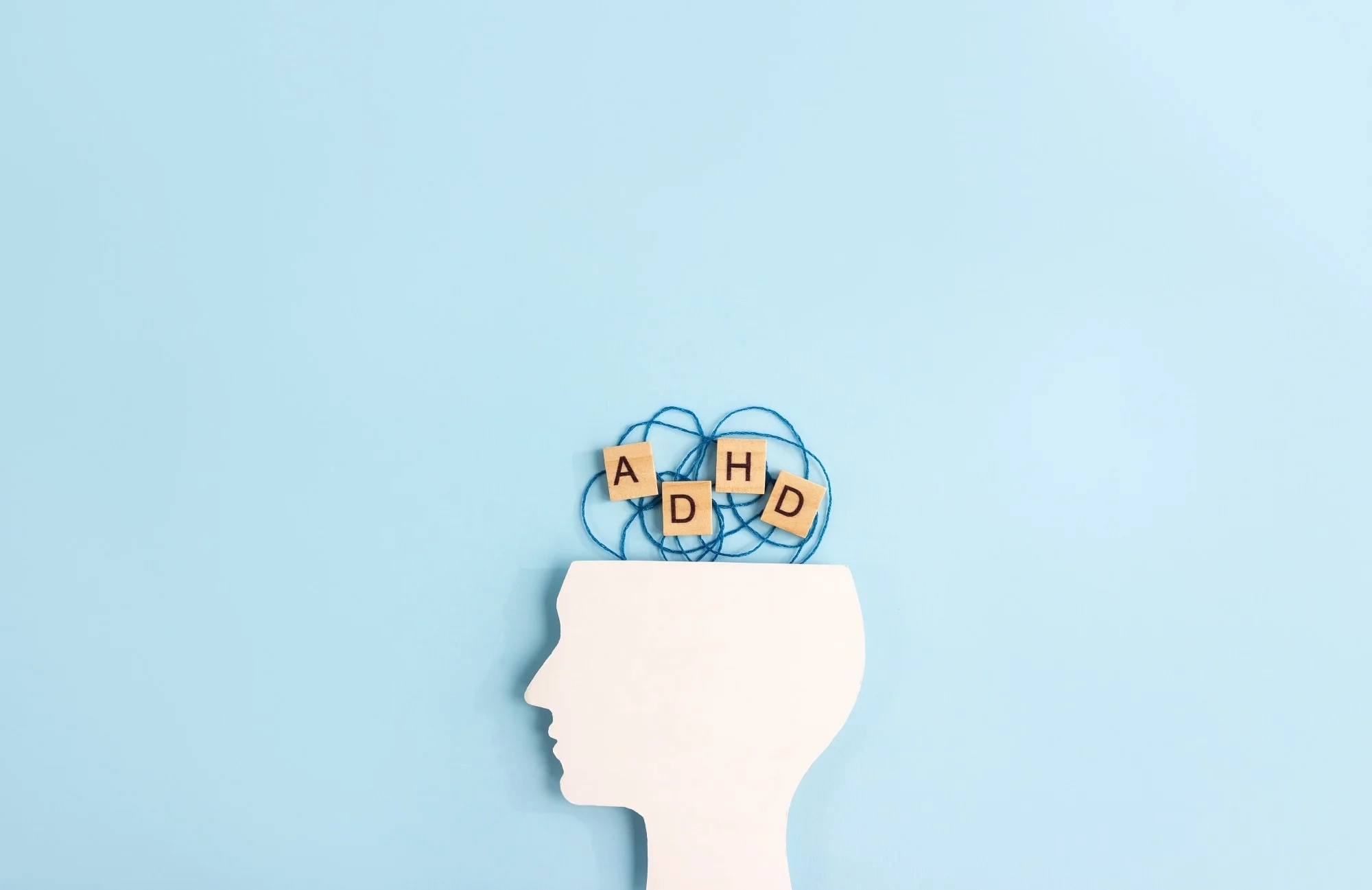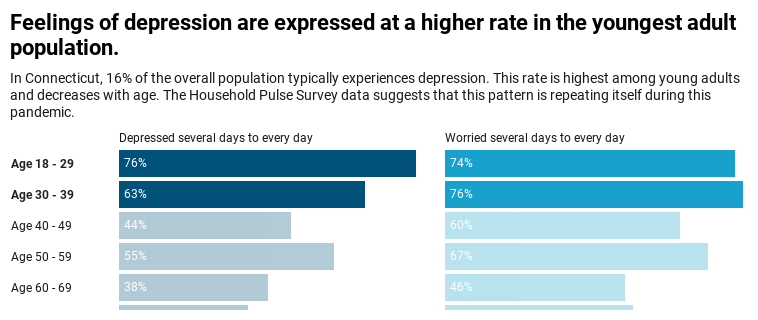Focus and Function: ADHD Therapy Strategies
Attention Deficit Hyperactivity Disorder (ADHD) can significantly impact an individual’s daily life, affecting their ability to focus, organize tasks, and control impulses. ADHD therapy encompasses a range of strategies aimed at managing these symptoms and improving overall functioning. This article explores effective ADHD therapy strategies that can help individuals with ADHD lead more productive and fulfilling lives.
Understanding ADHD Therapy
ADHD therapy involves a combination of approaches tailored to the specific needs of the individual. These approaches may include behavioral therapy, medication, lifestyle changes, and educational support. The goal of ADHD therapy is to help individuals develop coping mechanisms and skills to manage their symptoms effectively.
Behavioral Therapy for ADHD
Behavioral therapy is a key component of ADHD therapy. It helps individuals learn how to monitor their behavior, set specific goals, and develop strategies to improve their focus and organization. Behavioral therapy can also help individuals with ADHD improve their social skills and relationships.
Medication for ADHD
Medication is often used in conjunction with behavioral therapy to manage ADHD symptoms. Stimulant medications such as methylphenidate and amphetamines are commonly prescribed to help improve focus, attention, and impulse control. Non-stimulant medications may also be used for individuals who do not respond well to stimulants.
Lifestyle Changes and Support
In addition to therapy and medication, lifestyle changes can also be beneficial for individuals with ADHD. These may include creating a structured routine, breaking tasks into smaller, more manageable steps, and minimizing distractions in the environment. Support from family, friends, and educators can also play a crucial role in managing ADHD symptoms.
Educational Support for ADHD
Educational support is essential for children and adults with ADHD. This may include accommodations in the classroom or workplace, such as extra time for tasks, preferential seating, or access to assistive technology. Educational support can help individuals with ADHD succeed academically and professionally.
Conclusion
ADHD therapy encompasses a range of strategies aimed at helping individuals manage their symptoms and improve their overall quality of life. By combining behavioral therapy, medication, lifestyle changes, and educational support, individuals with ADHD can develop the skills they need to thrive in various aspects of their lives. If you or someone you know is struggling with ADHD, consider seeking help from a qualified healthcare professional to explore the best therapy options available.






